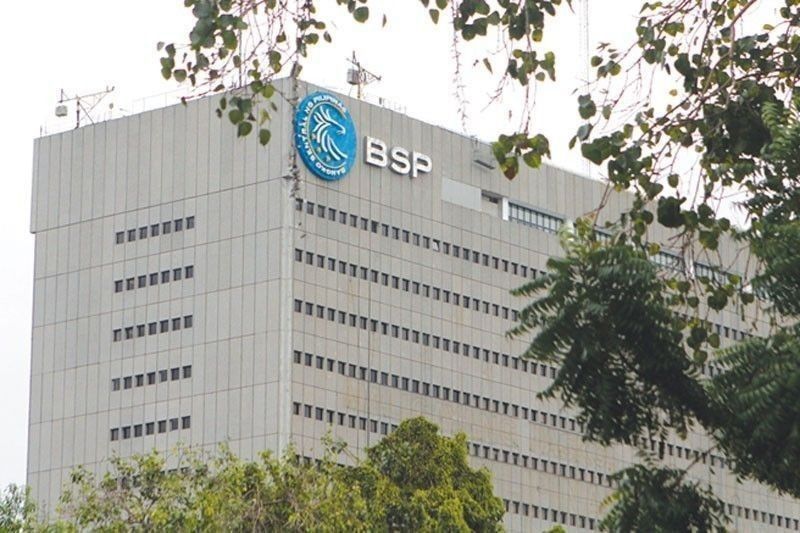BSP ramps up anti-counterfeiting operations

MANILA, Philippines — The Bangko Sentral ng Pilipinas (BSP) continues to ramp up its anti-counterfeiting operations, which led to the confiscation of close to half a million pesos worth of fake banknotes from January to September.
The BSP carried out seven enforcement operations during the nine-month period, resulting in the arrest of 16 suspects, including 14 members of crime syndicates.
During the operations of the BSP’s Payments and Currency Investigation Group, a total of 500 pieces of counterfeit Philippine banknotes and 200 pieces of fake foreign banknotes were confiscated.
“The BSP continues to protect and promote the integrity of the Philippine banknotes and coins through sustained efforts against the counterfeiting of currency,” the central bank said.
Under Republic Act 10951, counterfeiters of Philippine currency are subject to the penalty of imprisonment of at least 12 years and one day, as well as a fine not exceeding P2 million.
The New Generation Currency banknote series currently in circulation has advanced security features that help deter counterfeiting.
The BSP has been stepping up its anti-counterfeiting operations over the past few years. It has conducted more than 100 enforcement operations that led to the apprehension of 176 suspects, including 127 members of crime syndicates.
These operations led to the confiscation of more than 12,000 pieces of counterfeit Philippine banknotes worth P7.69 million and 14,300 pieces of dollar bills and other foreign currencies worth P92.59 million.
This resulted in the filing of criminal cases in court, of which 63 have been concluded while 98 are still ongoing.
Between 2010 and 2021, the BSP has scored a conviction rate of 98.41 percent.
The BSP continues to encourage the public to report any information on currency counterfeiting to the nearest police station or law enforcement agency for appropriate action.
The BSP has revived plans to use plastic or polymer to print banknotes with a different set of security features making them more difficult to counterfeit.
Furthermore, BSP Deputy Governor Mamerto Tangonan earlier said polymer banknotes are more hygienic amid the pandemic, more environment friendly, as well as more durable and secure than the cotton and abaca fiber composite being used now.
“More importantly, polymer banknotes are difficult to counterfeit due to the complexity of their printed images and the advanced technology used in incorporating security features,” Tangonan said.
The central bank is preparing for a limited circulation test of a polymer version of the P1,000 in the first half of next year to assess whether the benefits claimed by other central banks hold true under Philippine conditions.
- Latest
- Trending























